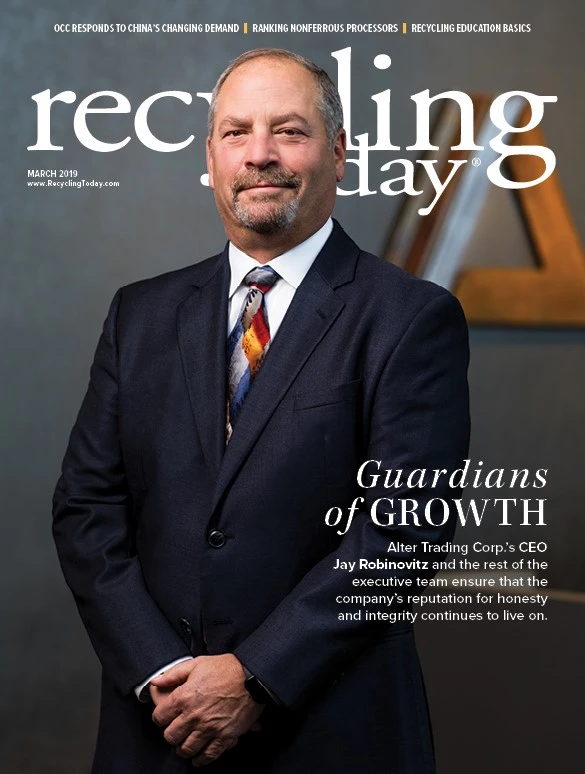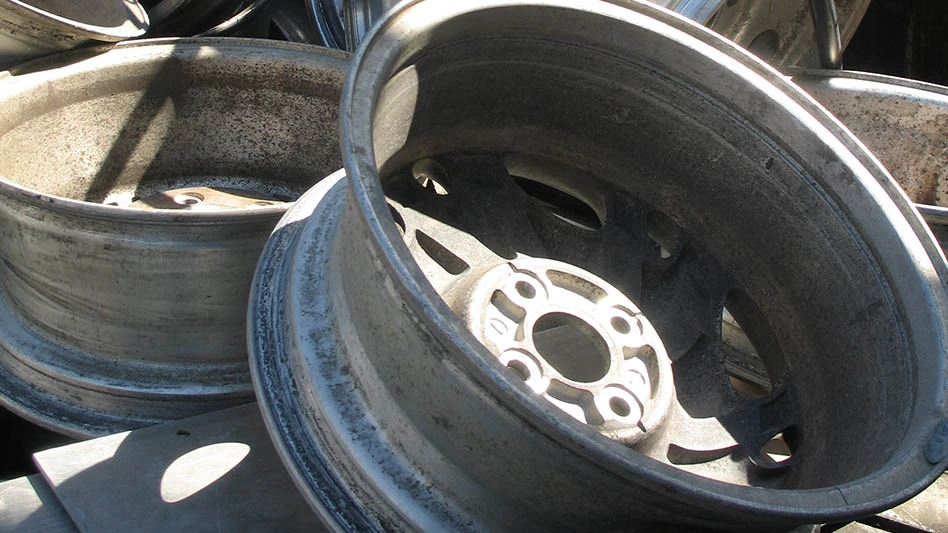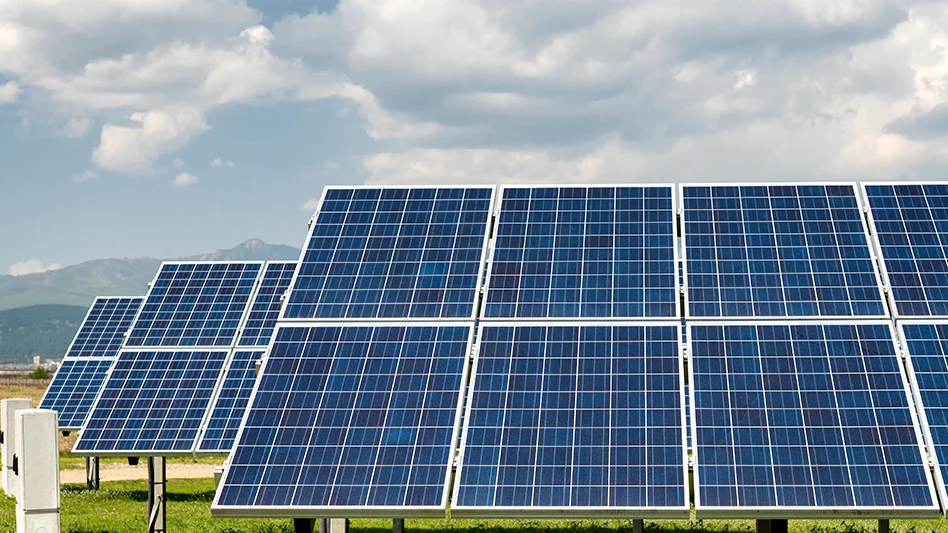Some plastic scrap grades are seeing increased activity as of mid-February, with a material recovery facility (MRF) operator based in the Midwest saying markets are shaking off the December and January doldrums.
In particular, he says he’s receiving orders for the low-density polyethylene (LDPE) film grades his MRF handles. “That material was not moving in November and December,” he adds.
“Demand is perking,
His MRF has been able to hold the price on its high-density polyethylene (HDPE) bales, despite reprocessors’ efforts to lower it. “When we tell them we’ll sell elsewhere, they pay.”
“… everyone wants postconsumer content, and we’re seeing good movement on PP grades.” – a MRF operator in the Midwest
His MRF has been selling its colored HDPE for 21 cents per pound, but buyers had been trying to get the material for 4 cents per pound less before they ended up paying the original rate. His natural HDPE has been selling for 40 to 41 cents per pound, though buyers originally offered a few cents less per pound in February before paying the MRF’s asking price.
The source says the majority of his MRF’s plastic scrap, which comes from residential as well as from commercial and industrial sources, is sold on the spot market, except for polyethylene terephthalate (PET), which is sold on contract.
An HDPE reprocessor based in the Southeast says the volume of baled material available for sale appears to be down slightly in some areas, which he attributes to MRFs focusing on cleaning up the quality of their paper bales.
He characterizes demand for his company’s recycled HDPE as “strong,” though the reprocessor says pricing is “soft.” He adds that “markets are coming down with the virgin market, so we are seeing a little correction today.”

His company also reprocesses polypropylene (PP). He says
The MRF operator says his company is seeing good movement on its PP grades, which are all commercially generated. “Virgin dropped off,” he says of PP pricing, “but everyone wants postconsumer content, and we’re seeing good movement on PP grades.”
His MRF’s Nos. 3-7 bales also have been moving without difficulty, the MRF operator says. “We spend a lot of time trying to keep it clean,” he says of this material.
Domestic and export inquiries for commercial stretch wrap have increased for the MRF operator. “Markets were nonexistent at the end of last year.”
He says he primarily exports LDPE film to Malaysia, adding that he’s worried about the country’s proposed crackdown on plastic scrap imports and unlicensed operators but thinks his company “will be in good shape” because it sells to a licensed company. “Removing the unlicensed operators hopefully will create more demand from the licensed facilities.”
Get curated news on YOUR industry.
Enter your email to receive our newsletters.

Explore the March 2019 Issue
Check out more from this issue and find your next story to read.
Latest from Recycling Today
- Steer World offers PEX plastic recycling machine
- New recycling grant program launches in Massachusetts
- Tire Recycling Foundation names executive director
- Dock 7 named 2025 Exporter of the Year at New Jersey International Trade Awards
- Waste Connections reports ‘better than expected’ Q1 results
- Commentary: How EPR is transforming the packaging industry
- Acerinox names new North American Stainless CEO
- Greenwave closes 2024 books with red ink






